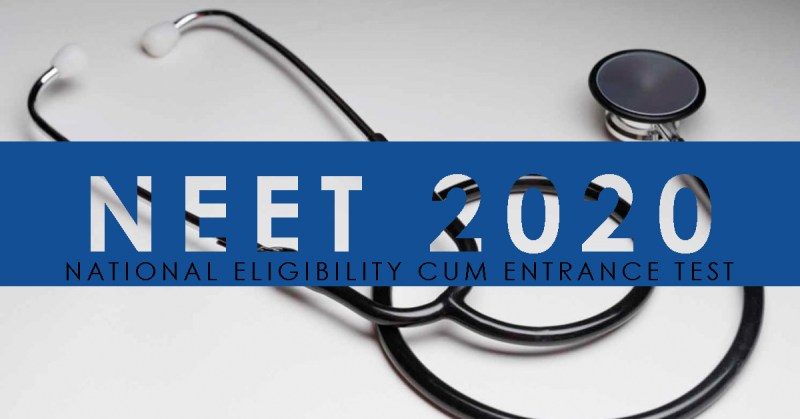In a batch of writ petitions titled ‘Christian Medical College, Vellore vs Union of India‘, the Supreme Court upheld the constitutional validity of National Eligibility-cum-Entrance Test (NEET) for graduate and post-graduate programs in medical and dental courses in the country. The bench held that prescribing a uniform examination of NEET for admissions in medical & dental courses; did not violate rights of unaided/aided minority institutions under Articles 19(1) (g) & 30 read with 25, 26 & 29(1) of Constitution.
Originally filled in 2012, the petitions challenged the constitutional validity of the NEET notifications. The Medical Council of India and the Dental Council of India issued these notifications. Later, notifications incorporated as statutory provisions in 2016; as Sections 10D of the Medical Council of India Act and the Dentists Act. Subsequently, filed writ petitions challenged these provisions.
However, upholding the constitutional validity of these statutory provisions, and also the earlier regulations; a bench comprising Justices Arun Mishra, Vineet Saran and M R Shah held that, to weed out corruption in admission processes, and to set a uniform standard nationwide NEET was introduced. The bench also held that NEET did not infringe upon the rights of minority institutions under Articles 29(1) and 30 of the Constitution. The Court also permitted the conduction of NEET for admissions in the meantime.

